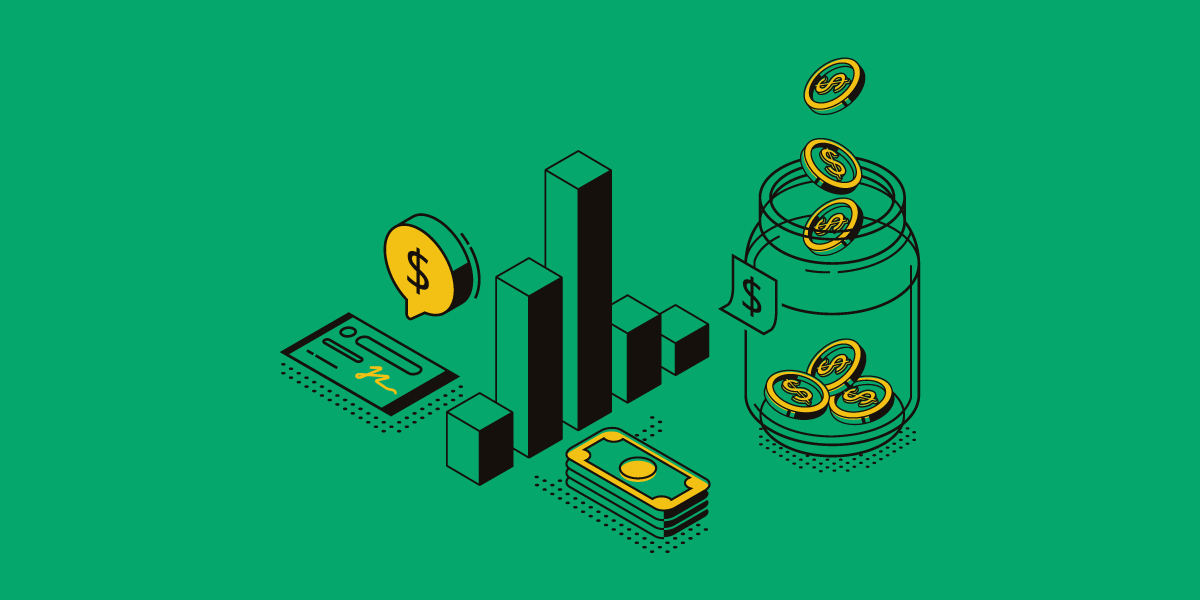Debt collection and court action are critical aspects of financial transactions, impacting both individuals and businesses when debts remain unpaid. When a borrower fails to meet their financial obligations, creditors may resort to legal avenues to recover what is owed. Understanding the steps involved, the legal framework, and potential consequences is crucial for both parties to navigate the situation effectively.
The Debt Collection Process
Debt collection begins when a borrower defaults on payments according to the terms of a loan or credit agreement. Initially, creditors attempt to recover funds through communication efforts, but if these fail, they may escalate the matter to a collection agency or pursue legal action.
Early Communication and Notices
Creditors typically start by reaching out to debtors through letters, emails, or phone calls, reminding them of their obligations and requesting payment. If the debtor does not respond or make payment arrangements, the creditor may escalate the process.
Many creditors prefer resolving the matter without legal action since lawsuits can be time-consuming and costly. However, if a debtor remains unresponsive, the creditor may decide to hire a debt collection agency that specializes in recovering unpaid debts.
Role of Debt Collection Agencies
A debt collection agency acts as an intermediary between the creditor and the debtor, attempting to recover the outstanding amount. These agencies must follow regulations such as the Fair Debt Collection Practices Act (FDCPA) in the United States, which prevents harassment, deceptive practices, and unfair collection tactics.
Collection agencies use various methods to contact debtors, including phone calls, emails, and mailed notices. Some agencies may negotiate reduced settlements, allowing debtors to pay a lower amount than originally owed in exchange for resolving the debt quickly.
Negotiation and Alternative Solutions
Before initiating court proceedings, creditors often explore alternative solutions to recover debts. Negotiation is a common approach, as many debtors are willing to make partial payments or establish revised repayment plans. Creditors may offer settlements where the debtor pays a lump sum that is lower than the full balance, resolving the debt without further legal action.
Debt settlement programs and credit counseling services can also assist debtors in negotiating more manageable payment terms. Seeking financial advice early can prevent debts from escalating into legal disputes.
Legal Actions in Debt Collection
If all attempts to recover the debt fail, creditors may initiate legal proceedings. Taking legal action is often a last resort, as it involves court fees, legal representation, and time-consuming processes.
Filing a Lawsuit Against the Debtor
To initiate a lawsuit, the creditor or collection agency files a complaint in civil court, outlining the details of the debt and the debtor’s failure to pay. The court then issues a summons to inform the debtor about the lawsuit and provide instructions on responding.
A debtor is required to respond within a legally mandated period, typically ranging from 20 to 30 days. If the debtor does not file a response, the court may issue a default judgment in favor of the creditor, granting them the right to enforce collection measures.
Defending Against a Debt Collection Lawsuit
Debtors who receive a court summons have the right to contest the claim. Common defenses include:
- The debt was already paid but not recorded properly.
- The creditor lacks proper documentation to prove the debt exists.
- The debt has surpassed the statute of limitations.
- The debtor was a victim of fraud or identity theft.
If the debtor successfully proves their case, the court may dismiss or reduce the claim, limiting the creditor’s ability to collect the full amount.
Court Judgment and Enforcement Actions
When a court rules in favor of the creditor, a judgment is issued, legally authorizing debt recovery efforts. Depending on the debtor’s financial situation, creditors may use different enforcement methods.
Wage Garnishment and Earnings Withholding
A common method for enforcing a judgment is wage garnishment, where a portion of the debtor’s salary is withheld by their employer and sent directly to the creditor. Courts set limits on how much can be deducted to ensure that debtors retain sufficient income for basic needs.
Bank Account Levies
Creditors may seek a court order to freeze or seize funds in the debtor’s bank account. This action can be financially damaging, especially if the debtor relies on those funds for essential expenses.
Liens on Property and Asset Seizures
A judgment may also result in a lien being placed on the debtor’s property, such as a home or vehicle. This prevents the debtor from selling or refinancing the property until the debt is resolved. In extreme cases, creditors can request the sale of assets to recover funds.
How to Avoid Court Action in Debt Collection
To prevent court involvement, debtors should take proactive measures when struggling with payments. Open communication, financial counseling, and alternative repayment arrangements can help resolve debt issues before they escalate.
Contacting Creditors Early
Debtors facing financial hardships should communicate with their creditors as soon as possible. Many creditors are willing to offer alternative payment arrangements, such as extending deadlines or reducing interest rates, to avoid legal proceedings.
Seeking Financial Counseling
Debt counseling agencies provide professional advice on managing debts and creating structured repayment plans. Some organizations also offer mediation services to help debtors negotiate with creditors and prevent legal action.
Understanding Consumer Protection Laws
Debtors should be aware of consumer rights and protections under debt collection laws. Some creditors and collection agencies engage in unethical practices, and legal assistance may be necessary to challenge unlawful debt collection tactics.
Exploring Debt Relief Options
Various debt relief options, such as debt consolidation and bankruptcy, can provide relief for individuals overwhelmed by financial obligations. Consolidating multiple debts into a single payment with lower interest rates can make repayment more manageable.
In extreme cases, bankruptcy may be a viable option. While it has long-term financial consequences, bankruptcy can provide a fresh start by discharging certain debts and preventing further collection efforts.
Conclusion
Debt collection and court action can be complex and stressful for both creditors and debtors. While creditors have the right to recover funds, debtors also have legal protections that allow them to dispute claims and negotiate fair repayment terms. Understanding the debt collection process, legal actions, and enforcement methods can help individuals and businesses make informed decisions. By addressing financial difficulties early, negotiating with creditors, and seeking legal or financial advice, debtors can often avoid court action and find effective solutions to settle their obligations.

